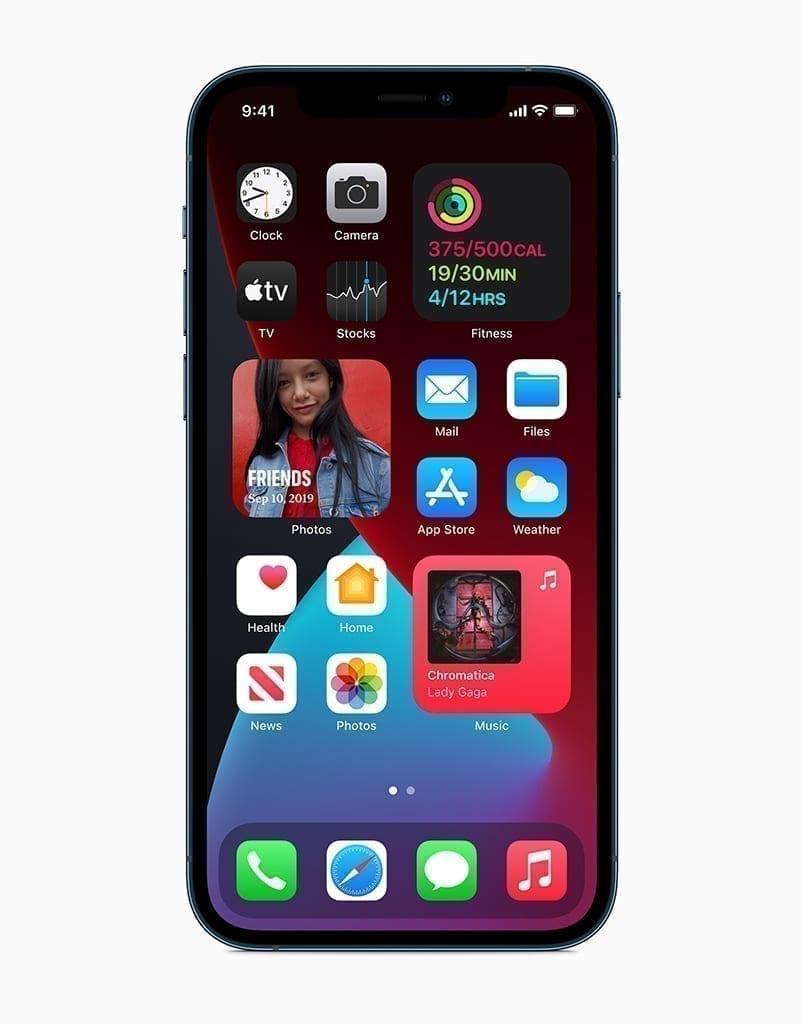Apple’s current App Store Review Guidelines:
2.5.6 Apps that browse the web must use the appropriate WebKit framework and WebKit Javascript.
For some time now Apple has been criticized for demanding apps that browse the web to use the WebKit framework and WebKit Javascript on iOS and iPadOS, because this policy effectively bans non-WebKit based browsers.
But, in the face of growing antitrust scrutiny, most recently by the United States, Apple is rumored to be preparing to drop its browser engine restriction. This comes in addition to rumors of broader measures to enable sideloading and third-party App Stores in Europe.
The main motivator of the move is the European Union’s Digital Markets Act, which is expected to compel Apple to make major platform rule changes as soon as 2024. Similar legislation has been recommended by antitrust watchdogs in the United Kingdom, Australia, and Japan.
Seemingly in line with these rumors, both Mozilla and Google are testing builds of their browser engines on iOS.
From an iOS testing point of view, this means that not only will competing browsers such as the Blink-based Chromium and Gecko-based Firefox become a reality on iOS, but so will webapps based on these engines. And, eventually, the potential for applications to be installed via third-party apps stores and sideloading.
For developers, this means that your mobile web site may need testing to ensure the functionality and layout remain as intended on these newly available browsers, and that webapps created to use these newly available engines function correctly under various iOS and iPhone versions.
iBeta is staying on top of these potential changes to Apple’s policies, and will be ready and able to help your project maintain a high level of customer satisfaction if and when these changes are put into place.
